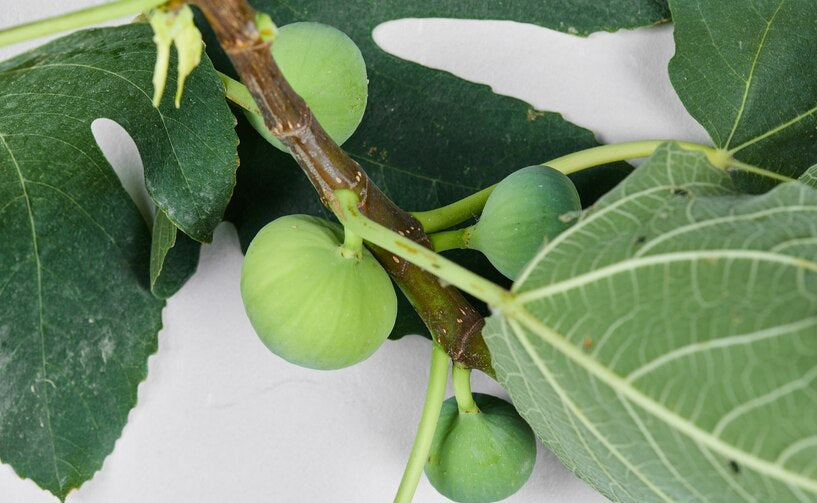Jeevanti is known as Jivani or Madhusrava in Sanskrit and its scientific name is Leptadenia Reticulate. It is a climber with which has a wide range of therapeutic properties and is commonly used by veterinary practioners due to its lactogenic nature. It belongs to the Asclepiadaceae or milkweed family. As the name indicates, the plant provides life, vitality and strength and comes under the category of Rasayana in Ayurveda.
The plant is majorly found in the Himalayan region, Punjab, Uttar Pradesh and Gujrat in India. It is also found in Madagascar, Burma, Mauritius, Sri Lanka and other tropical and subtropical parts of the world. The plant has a cork like bark, ovate leaves and yellowish green flowers. It is a woody and perennial shrub that often grows in moist places. The extracts of the plant are used as diuretic, emetic and diaphoretic. Saag or pureed leaves are consumed as a vegetable as per Ayurveda and considered as a very nutritive vegetable. Jeevanti is also known as Hema, hemalatha, Swarnika, Jivapushpa, and Dori.
Natural Constituents of Jeevanti
Due to the presence of different bio-active components, the herb has some important therapeutic uses. These are components such as terpin, carbohydrates, glycoside, stigmasterol, beta-sitosterol, tocopherol, α- and β-amyrin etc. It is a rich source of flavonoids, rutin, diosmetin, luteolin fructosan and stigmasterol; the latter is responsible for its lactogenic properties.
Important Properties of Jeevanti
Jeevanti shows prominent anti-microbial, anti-abortifacient, anti-epileptic, anti-ulcer, anti-cancer, anti-depressant, hypotensive, hepatoprotective, diuretic, lactogenic, galactagogue, immunomodulatory, spermetogienic, vasodilator and oligospermic activities. The plant is also nutritive, cooling, restorative and a stimulant by nature.
Benefits of Jeevanti
-
Kidney and Renal Health: Jeevanti works as diuretic and helps in preventing kidney stones, urinary tract infections and other renal disorders. It works by increasing the renal clearance of sodium, potassium and chloride ions.
- Prevents burning micturition and dysuria (painful urination).
- Provides general strength and vitality to the body. It is commonly recommended to people with weak health (emaciation) and lack of energy.
- Used to treat various skin infections (ringworm and others) and wounds.
- Helps in treating nose, ear and throat infections. It also prevents cold, asthma, dyspnoea, cough and fever.
- Useful remedy in some eye ailments and infections.
- Improves digestion, treat constipation, colitis and rejuvenate the whole body. It also increases appetite, cures dyspepsia and indigestion.
- Works as an aphrodisiac and prevents other sexual diseases.
- Improves normal voice and alleviates vata, pitta and kapha doshas.
- It has strong anti-fungal and anti-bacterial activity.
- Helpful in menstrual cramps, scanty and painful menses.
- Prevents problems in conceiving and abortions. It improves lactation and helps to stimulate milk production.
Jeevanti and Safety: There is no known toxicity form the herb and is a safe herb to consume.
Jeevanti or Leptadenia reticulata is the important constituent of many herbal formulations due to its various health benefits, but the plant and its pharmacological application still needs to be explored on a global level since it contains potent and useful glycosides and flavonoids.






